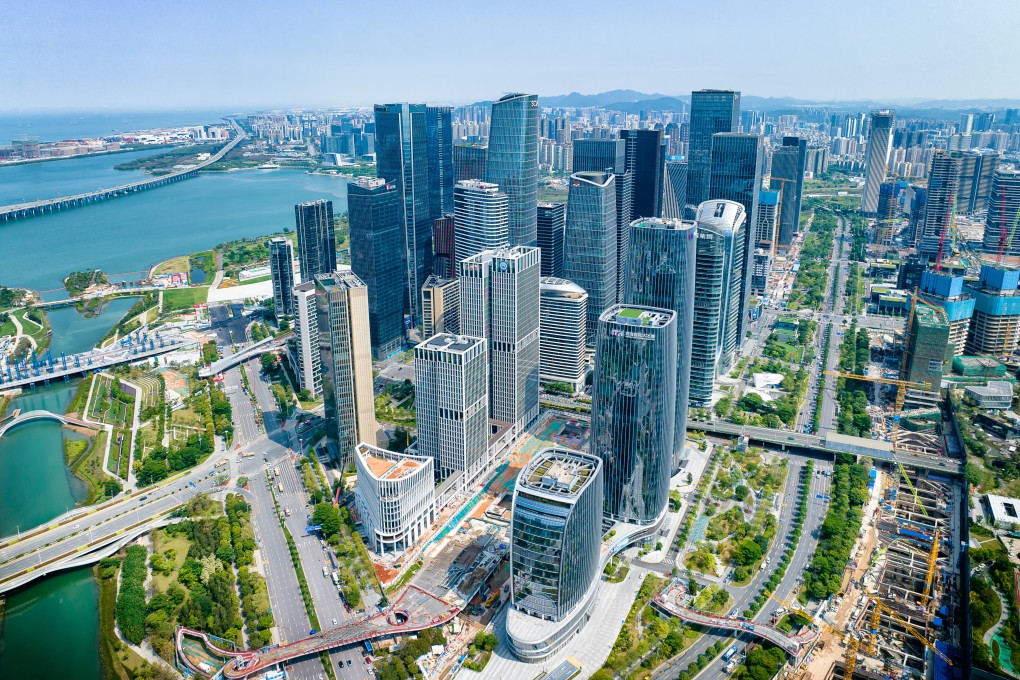Qianhai’s evolution into a dynamic engine of economic growth
- Once a stretch of mudflats, the region has been transformed into a commercial centre in less than 14 years, propelled by innovation and progressive policies, write Ye Zhen and Zhang Wei

[The content of this article has been produced by our advertising partner.]
On the first day of March, the third council of the Shenzhen Court of International Arbitration (SCIA) in the Qianhai Shenzhen-Hong Kong Modern Service Industry Cooperation Zone, Shenzhen, welcomed two new council members: Roberto Azevêdo, the former director general of the World Trade Organization (WTO), and Sir William Blair, a former British judge.
SCIA reflects the internationalisation of Qianhai, and the zone as over the past three months hosted more than a hundred corporate representatives from 30 countries and regions across four continents, along with 60 diplomatic envoys to China from 40 countries.
The frequent hosting of high-level foreign affairs events in Qianhai not only allows people around the world to witness Chinese modernisation and the newest fruits of its reform and opening-up, but also showcases the progress of high-quality development in the Guangdong-Hong Kong-Macau Greater Bay Area (GBA).
The latest data shows that in 2023, Qianhai achieved a regional GDP of 246.41 billion yuan, a year-on-year increase of 15 per cent. Its fixed asset investment reached 153.6 billion yuan, up 15.4 per cent year on year, and imports and exports totalled 494 billion yuan, up 6.7 per cent year on year. The zone has attracted 151 globally leading service providers, with an average of less than 2.5 days for each to settle, making it one of the fastest-growing, highest-quality and most profitable regions in China.
A business environment on par with Singapore and Hong Kong

